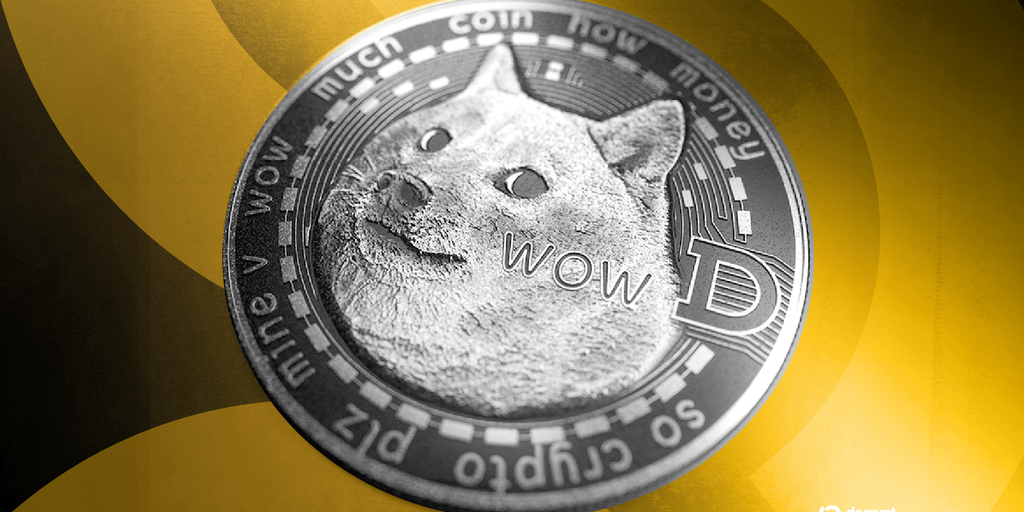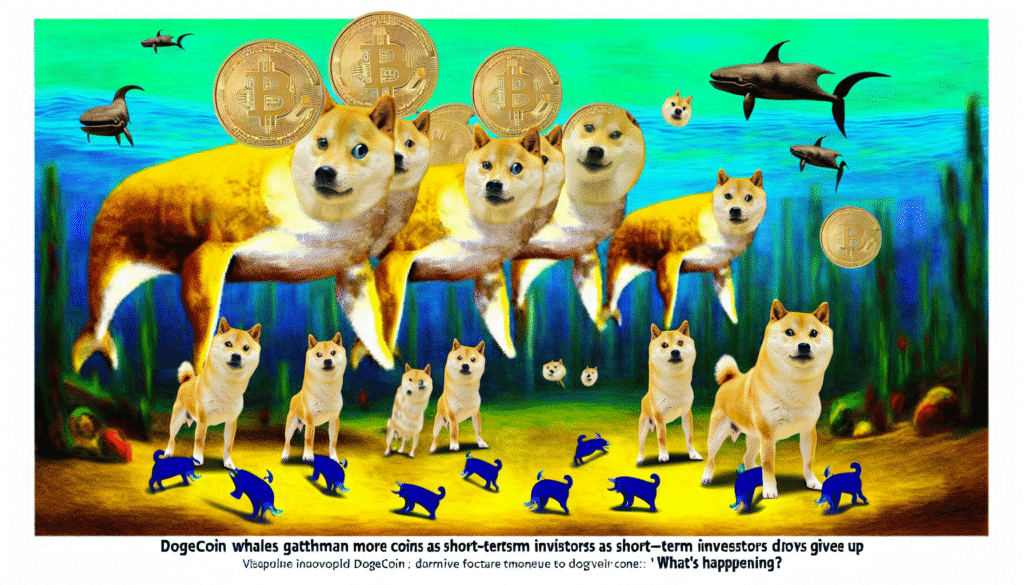
Summary
- Recently, Dogecoin whales have amassed 300M DOGE tokens while short-term investors are liquidating their holdings at a loss.
- Investors who acquired the dog-themed cryptocurrency over the last month have a profitability rate of around 9% following a recent market correction.
- Analysts believe this situation represents a strategic transfer of wealth from less stable investors to those with a long-term outlook, potentially positive for the future.
On-chain analytics show that Dogecoin whales are capitalizing on discount prices as short-term holders exit the market during significant developments and price fluctuations.
This behavioral shift coincides with several noteworthy events, including a recent filing for a spot ETF and a prominent corporate acquisition.
On August 15, over 271.41 million DOGE were sold at a loss, marking a capitulation event, according to data from Santiment.
Capitulation events occur when investors sell their holdings at a loss during periods of volatility.
A 16% price drop in Dogecoin between August 13 and 14 created a local bottom on August 15, prompting retail investors to sell at a loss.
As of August 19, the profitability rate for short-term investors who bought Dogecoin in the last month was approximately 9%, further emphasizing the capitulation.
During the same timeframe, whales holding between 100 million and 1 billion DOGE acquired over 330 million DOGE at a discount, increasing their total holdings to 26.73 billion.
“It appears the community is forcing out short-term traders while long-term proponents bolster their holdings,” said Jordan Jefferson, Founder and CEO of Dogecoin app layer DogeOS, in an interview with Decrypt.
Jefferson does not see this divergence as alarming. “Supply is concentrating in supporters who are invested in Dogecoin’s future instead of focusing solely on daily price movements,” he added.
Potential Dogecoin ETF?
The relationship between short and long-term holders is developing alongside several major headlines.
On August 16, Grayscale submitted an S-1 for a spot Dogecoin ETF.
Despite the U.S. Securities and Exchange Commission (SEC) postponing its decision, this action, together with a Trump family-backed company’s acquisition of a Dogecoin mining operation, has introduced both credibility and speculative excitement for Dogecoin.
Jefferson posits that this divide affects how retail and institutional investors interpret news.
“News travels quickly, and retail investors tend to follow it impulsively,” he remarked, observing that whales are “more discerning, aware that DOGE is entering institutional contexts and practical applications.”
This long-term perspective allows significant investors to take advantage of temporary price dips for future gains.
Instead of highlighting impending downturns, Jefferson believes that capitulation and accumulation indicate a constructive consolidation phase for Dogecoin.
Daily Debrief Newsletter
Start every day with the latest top news stories, exclusive features, podcasts, videos, and more.

